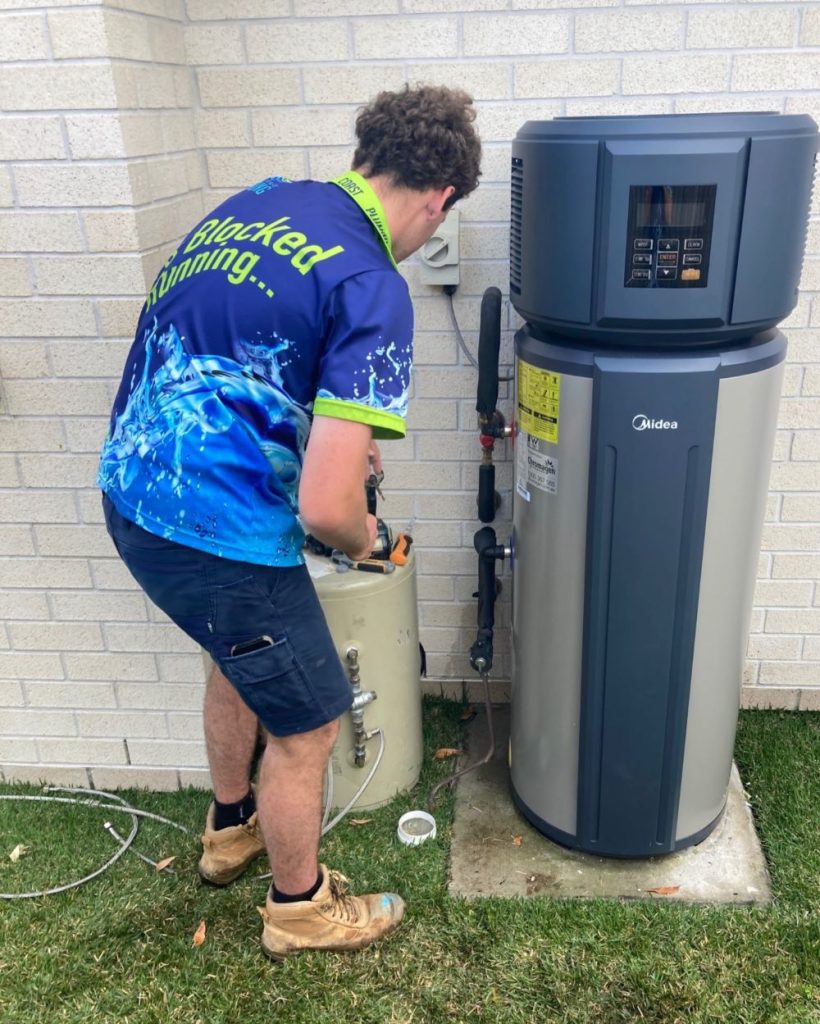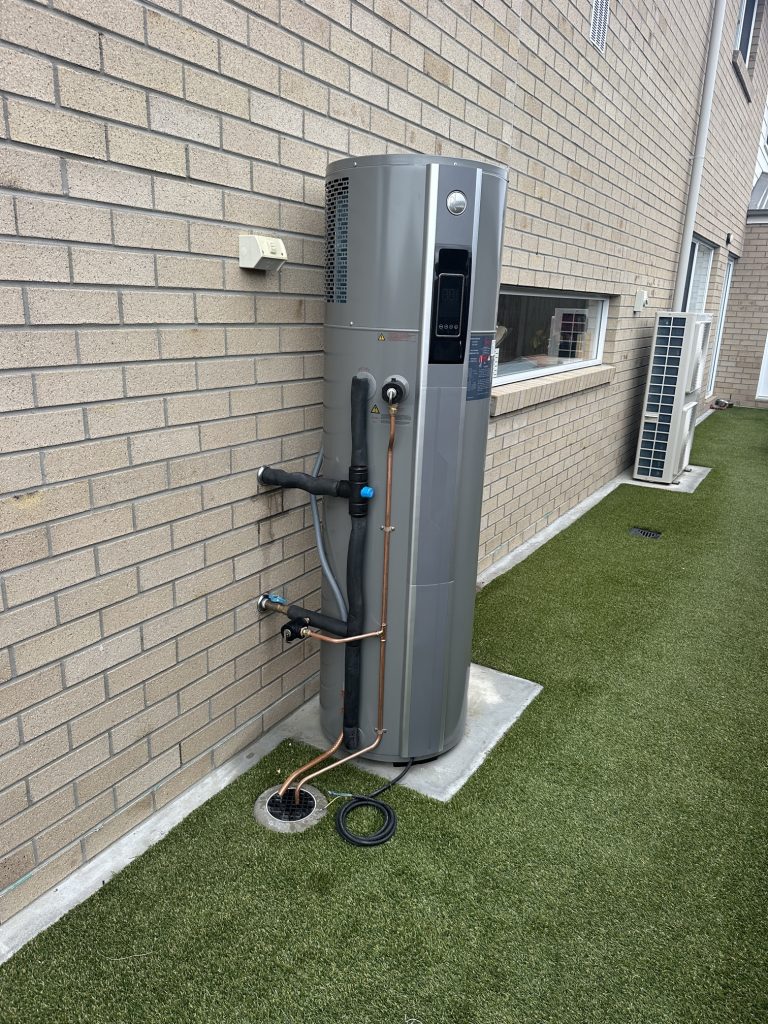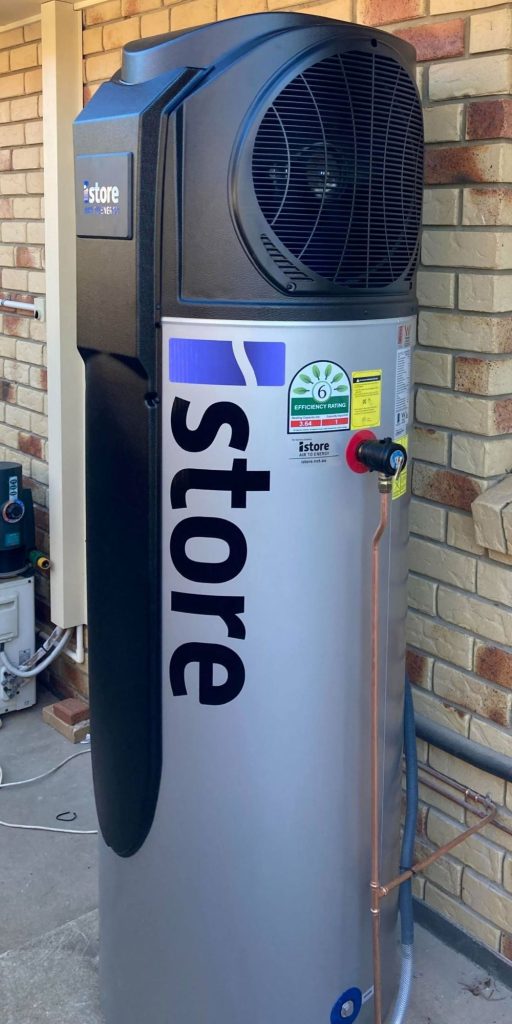Mastering the Unique Challenges of Selecting Hot Water Systems in Queensland's Distinct Climate
When it comes to selecting the ideal hot water system for your home in Queensland, the process involves much more than just choosing a brand or deciding on the capacity. It requires a detailed examination of numerous variables that influence efficiency, such as the local climate, the prevalent humidity levels, electricity tariffs, and your household's daily water consumption habits. With the current surge in energy prices, many households are opting for heat pumps because of their remarkable energy efficiency and eco-friendliness. However, it is important to note that these systems may not be suitable for every property type. A comprehensive assessment of all relevant factors is essential to ensure that you select a hot water solution that delivers optimal performance and longevity.
This article delves into the operational effectiveness of heat pumps in Queensland's diverse climatic conditions, highlights which types of homes gain the most benefits from these innovative systems, and dispels common myths that could lead to subpar performance or incorrect system selections.

Enhancing the Efficiency of Heat Pumps in Coastal Queensland Settings
Heat pump water heaters function by extracting thermal energy from the surrounding air, and their efficiency significantly improves as air temperatures rise. In coastal regions of Queensland, particularly in popular areas like the Sunshine Coast, Brisbane, and the Fraser Coast, average air temperatures typically remain above 5°C, even during winter. This consistent warmth enables heat pumps to operate efficiently throughout the year without requiring electric boosting or additional heating elements, which are often necessary in cooler climates. By utilising this abundant natural energy, homeowners can benefit from lower energy bills while simultaneously reducing their carbon footprint.
Essential Environmental Conditions That Enhance Heat Pump Efficiency
| Factor | Impact on Heat Pump Functionality | Coastal QLD Efficiency |
|---|---|---|
| Average ambient temperature | Higher = more efficient operation | ✓ Consistently maintained above 5°C |
| Humidity levels | Moderate improvements | ✓ Generally high and stable |
| Access to off-peak electricity | Lower operational costs | ✓ Widely available in most regions |
| Roof shading | Not a significant factor | ✓ No detrimental impact on system |
| Direct sunlight exposure | Not a necessity | ✓ Functions well in shaded conditions |
Identifying Circumstances Where Heat Pumps May Underperform
Although heat pumps offer a plethora of advantages, there are specific situations in Queensland where their performance might not meet expectations:
- Inland or elevated regions
In areas like Toowoomba or the Hinterland, overnight temperatures can drastically drop during the winter months. In such cases, certain models of heat pumps may struggle to maintain optimal efficiency without the assistance of a booster element, which can result in increased energy consumption and costs. - Restricted or poorly ventilated outdoor spaces
Heat pumps require ample airflow around their compressor units to operate optimally. In cramped or enclosed environments, the efficiency of heat extraction may diminish, and operational noise could rise, potentially causing disturbances for residents. - Large households with substantial water demand
For homes with more than six occupants, systems designed for enhanced water storage or quicker recovery times, such as solar-boosted gas systems, may be more beneficial for efficiently meeting high hot water requirements.
Dispelling Myths About Heat Pumps in Queensland
“They become ineffective during winter.”
This notion might be relevant in colder southern climates; however, it does not hold true in Queensland. In regions where average temperatures consistently exceed 5°C, heat pumps maintain their efficiency all through winter, ensuring reliable hot water solutions even in cooler months.
“Solar panels are required for heat pumps to work.”
This claim is misleading. Heat pumps can operate independently of solar photovoltaic (PV) systems, although integrating them with solar energy can further enhance your energy savings and sustainability efforts.
“Heat pumps are excessively noisy and disruptive.”
Contemporary heat pump systems are designed to be considerably quieter than older versions. When installed correctly in well-ventilated locations, the noise emitted from the compressor unit is usually minimal, creating a comfortable living environment.
Effective Strategies for Optimising Heat Pump Installation and Performance in Queensland
- Select a system specifically designed for Australian conditions
Opt for models that feature high-efficiency ratings and dependable local support, such as istore or Stiebel Eltron, which are recognised for their outstanding performance in the Australian climate. - Install in a well-ventilated yet shaded location
While heat pumps do not require direct sunlight, they must have adequate airflow around the unit to operate efficiently and effectively. - Utilise timers or smart control systems
By programming the system to operate during periods of solar energy generation or off-peak electricity hours, you can significantly boost energy savings and cut costs. - Ensure your system is appropriately sized
A capacity of 250–300 litres is typically adequate for the needs of most families. An undersized system may lead to performance complications and increased reliance on boosting mechanisms, which could escalate energy usage.
The Crucial Importance of Local Expertise for Successful Heat Pump Installation
The installation of a heat pump necessitates a tailored approach to achieve the best results. Optimal outcomes are realised through collaboration with a local plumber who understands:
- Performance adjustments tailored to local climate conditions, ensuring maximum efficiency
- Eligibility for rebates such as Small-scale Technology Certificates (STCs) and various Queensland government incentives aimed at promoting energy efficiency
- Strategic placement and ventilation tactics for the unit to enhance performance
- Integration with solar PV systems or battery storage solutions, if applicable, to maximise energy efficiency
At Creek to Coast Plumbing, we specialise in providing and installing high-performance hot water systems, including heat pumps, throughout the Sunshine Coast and Moreton Bay regions. Our dedicated team is committed to helping you determine which type of hot water service will best suit your needs. As the demand for energy-efficient hot water solutions continues to rise, many individuals are comparing solar options with heat pumps. We will assess the specific conditions of your property, recommend the most suitable system, and ensure that you are equipped for optimal efficiency.
Discover more information about our Heat Pump Hot Water Installations or contact us for a personalised recommendation tailored to your specific needs.
The Article: Heat Pumps in Queensland: Effective Solutions and Pitfalls first appeared on https://writebuff.com
The Article Heat Pumps in Queensland: Benefits and Challenges Explained Was Found On https://limitsofstrategy.com



